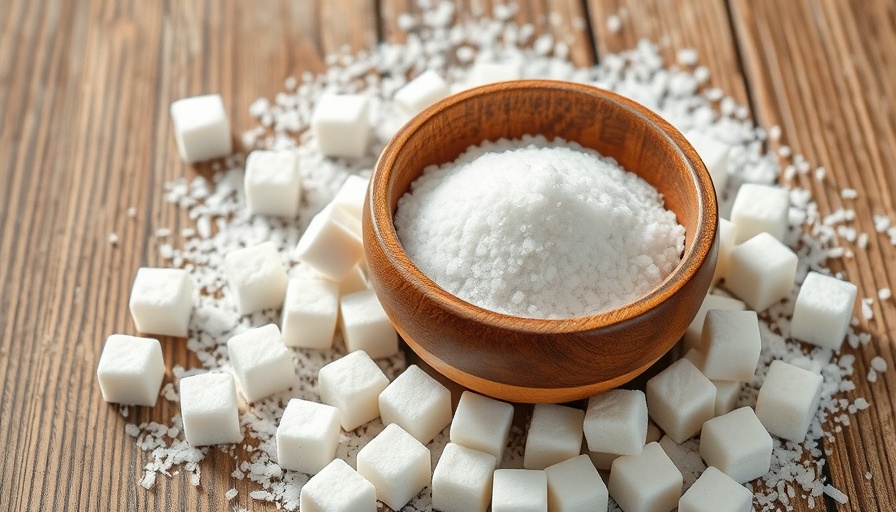
Why Do We Crave Ultraprocessed Foods?
Have you ever found yourself endlessly munching on chips, even when you promised yourself you'd only have a handful? You're certainly not alone. The science behind ultra-processed foods reveals how these snacks are specifically engineered to entice you into a cycle of cravings and overeating, making it remarkably difficult to stop. When you indulge in these foods, the combination of taste, aroma, and even packaging creates a sensory overload that plays tricks on your brain, convincing you to keep eating.
The Truth About Our Eating Habits
Dr. Chris van Tulleken from the National Health Service (NHS) underscores an important point: The rise in obesity over the past few decades is not just a matter of poor willpower. Rather, it reflects a systemic issue in our food supply that began in the mid-1970s. As he explains, the expansion of cheap, industrial-scale food processing has drastically altered our diets. Suddenly, processed foods were everywhere, and our traditional meals—often rich in nutrients—were replaced with appealingly packaged snacks designed to keep us coming back for more.
How Marketing Plays a Role
Have you ever noticed how enticingly a snack is packaged or how clever the marketing is? This phenomenon has a name: sonic branding. Companies use sounds, smells, and visuals to trigger cravings and reinforce a desire for their products. For example, a bag of chips not only looks appealing but may also have a crunch sound that cues satisfaction, drawing you in. This thoughtful engineering turns eating into a multi-sensory experience that can feel addictive.
Choosing Healthier Options
While it may be challenging to break free from the hold of these tempting snacks, becoming aware of how they affect your body is the first step. Recognizing that even seemingly “healthy” snacks—like protein bars—can contain hidden calories that disrupt your hunger signals provides an opportunity to make better choices. Instead of reaching for that easy-to-grab snack, try incorporating whole foods into your diet, such as fruits, vegetables, and nuts, which can satisfy your hunger without the cravings.
Taking Control of Your Choices
So, how can you take back control? Start by becoming conscious of what you consume and make a plan: prepare healthy snacks at home or opt for whole foods that nourish your body. Every small step towards conscious eating is a giant leap away from the cycle of compulsive eating.
 Add Row
Add Row  Add
Add 




Write A Comment